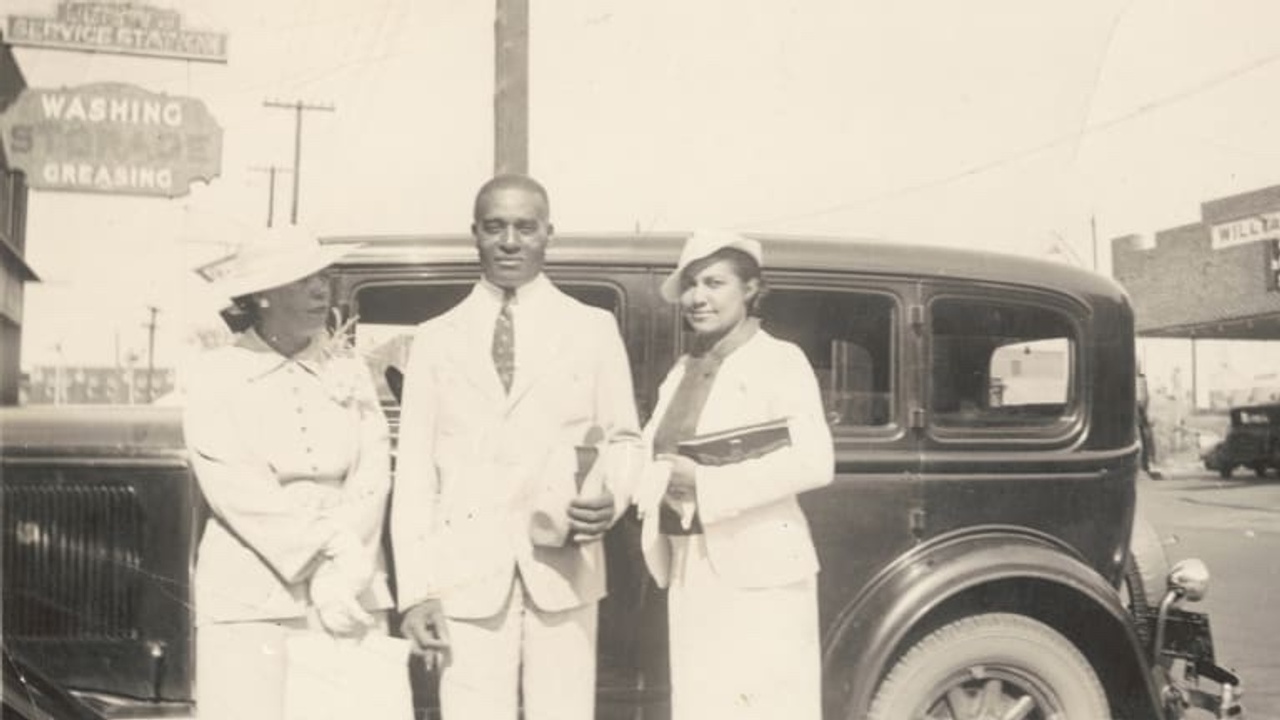A Brief History of Black Wall Street

A major reason for Black America’s failure financially is the inability to recycle its money within its communities and practicing group economics. Nearly all of Black income is spent directly outside of Black hands. Unfortunately, Blacks do not practice group economics—pooling of money sharing a common purpose.
A perfect example of group economics was accomplished in the Greenwood District of Tulsa, Okla., in the early 1900s—a time when legal segregation forced Blacks to do business among themselves. Commonly referred to as "Black Wall Street," the area became a nationally recognized entrepreneurial center, as dollars circulated 36 to 1,000 times within the Black community.
Here is what was produced:
- Blacks owned and controlled 36 square blocks of homes and businesses
- There were over 600 successful businesses in the community
- There were 21 restaurants, 21 churches, 30 grocery stores, 2 movie theaters, etc
- They had law and doctor offices, a bank, a post office, a hospital, a half dozen private airplanes, a number of libraries and schools, and farmland
- A Black doctor generated $500 per day by owning and operating a bus system
- Many of the business owners became millionaires
- The dollar circulated 36 to 100 times - at times taking over a year to leave the Black community
Today, the dollar circulates in the:
- Asian community - over 30 days
- Jewish community - over 20 days
- Hispanic community over - 6 days
- African American community - less than 1 day
African Americans in the U.S.
- There are approximately 43 million African Americans in the U.S.
- African Americans are about 13.6% of the U.S. population
- If African Americans were a country, they’d be the 16th largest country in the world
- The buying power of African Americans in the U.S. is over $1.5 trillion dollars
- African Americans are the world’s most conspicuous spenders
- African Americans are dead last on most financial/economic data statistics
Financial Literacy & Economic Empowerment of African Americans
- Financial literacy is the global language of money
- We are living in an economic age and away from the political age
- The ballot box was the way to achieve a level playing field but today its economics
- Dr. Martin Luther King, Jr. died because his mission was economic development
- In the 20th century, most people haven’t kept up technologically
- It is not race and the color line anymore - it’s class and poverty
- Are Black people broke or are they poor?

